detail profile michelangelo antonioni
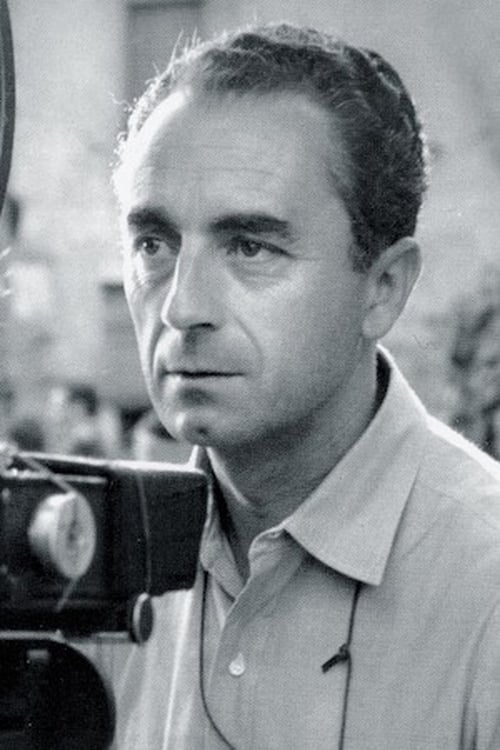
Michelangelo Antonioni
미켈란젤로 안토니오니
atau dikenal sebagai
Riwayat Hidup
Michelangelo Antonioni, Cavaliere di Gran Croce OMRI (29 September 1912 – 30 July 2007) was an Italian modernist film director, screenwriter, editor, and short story writer.
Best known for his "trilogy on modernity and its discontents" — L'Avventura (1960), La Notte (1961), and L'Eclisse (1962), as well as the English-language Blowup (1966), Antonioni "redefined the concept of narrative cinema" and challenged traditional approaches to storytelling, realism, drama, and the world at large.
He produced "enigmatic and intricate mood pieces" and rejected action in favor of contemplation, focusing on image and design over character and story.
His films defined a "cinema of possibilities".
Antonioni received numerous awards and nominations throughout his career, including the Cannes Film Festival Jury Prize (1960, 1962), Palme d'Or (1966), and 35th Anniversary Prize (1982); the Venice Film Festival Silver Lion (1955), Golden Lion (1964), FIPRESCI Prize (1964, 1995), and Pietro Bianchi Award (1998); the Italian National Syndicate of Film Journalists Silver Ribbon eight times; and an honorary Academy Award in 1995.
He is one of three directors to have won the Palme d'Or, the Golden Lion and the Golden Bear, and the only director to have won these three and the Golden Leopard.
Info Pribadi
Peran Yang Di Mainkan Michelangelo Antonioni
 A threepart anthology about love and...
A threepart anthology about love and...Eros 2004
A three-part anthology about love and sexuality: a menage-a-trois between a couple and a young woman on the coast of Tuscany; an advertising executive under enormous pressure at work, who, during visits to his psychiatrist, is pulled to delve into the possible reasons why his stress seems to manifest itself in a recurring erotic dream; a story of unrequited love about a beautiful, 1960s high-end call girl in an impossible affair with her young tailor.
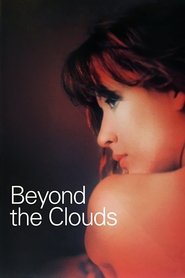 Four tales each centered on a...
Four tales each centered on a...Beyond the Clouds 1995
Four tales, each centered on a woman, journey inward to explore the enigmatic reality of their lives, connecting through a single narrative thread.
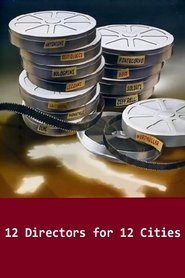 Promotional omnibus film made for the 1990...
Promotional omnibus film made for the 1990...12 Directors for 12 Cities 1989
Promotional omnibus film, made for the 1990 FIFA World Cup in Italy, featuring portraits of 12 Italian cities.
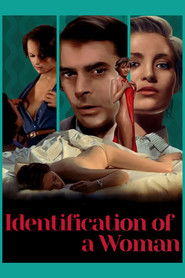 Movie director Niccol has just been...
Movie director Niccol has just been...Identification of a Woman 1982
Movie director Niccolò has just been left by his wife. Subsequently he embarks on an obsessive relationship with a young woman who eventually leaves him and disappears while searching for her, he meets a variety of other willing girls. This gives him the idea of making a movie about women's relationships. He starts to search for a woman who can play the leading part in the movie.
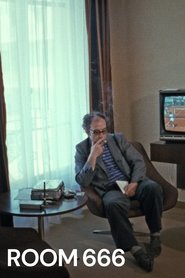 During the 1982 Cannes Film Festival Wim...
During the 1982 Cannes Film Festival Wim...Room 666 1982
During the 1982 Cannes Film Festival, Wim Wenders asks a number of global film directors to, one at a time, go into a hotel room, turn on the camera and answer a simple question: "What is the future of cinema?"
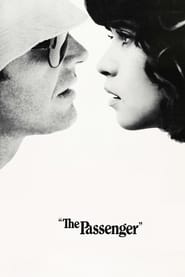 David Locke is a worldweary American...
David Locke is a worldweary American...The Passenger 1975
David Locke is a world-weary American journalist who has been sent to cover a conflict in northern Africa, but he makes little progress with the story. When he discovers the body of a stranger who looks similar to him, Locke assumes the dead man's identity. However, he soon finds out that the man was an arms dealer, leading Locke into dangerous situations. Aided by a beautiful woman, Locke attempts to avoid both the police and criminals out to get him.
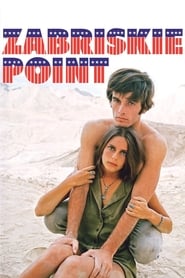 Anthropology student Daria whos helping a...
Anthropology student Daria whos helping a...Zabriskie Point 1970
Anthropology student Daria, who's helping a property developer build a village in the Los Angeles desert, and dropout Mark, who's wanted by the authorities for allegedly killing a policeman during a student riot, accidentally encounter each other in Death Valley and soon begin an unrestrained romance.
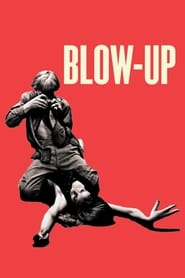 A successful mod photographer in London...
A successful mod photographer in London...Blow-Up 1966
A successful mod photographer in London whose world is bounded by fashion, pop music, marijuana, and easy sex, feels his life is boring and despairing. But in the course of a single day he unknowingly captures a death on film.
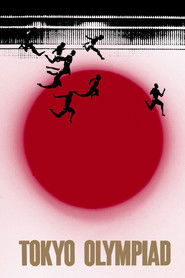 This impressionistic portrait of the 1964 Tokyo...
This impressionistic portrait of the 1964 Tokyo...Tokyo Olympiad 1965
This impressionistic portrait of the 1964 Tokyo Summer Olympics pays as much attention to the crowds and workers as it does to the actual competitive events. Highlights include an epic pole-vaulting match between West Germany and America, and the final marathon race through Tokyo's streets. Two athletes are highlighted: Ethiopian marathon runner Abebe Bikila, who receives his second gold medal, and runner Ahamed Isa from Chad, representing a country younger than he is.
 This romantic drama by Michelangelo Antonioni...
This romantic drama by Michelangelo Antonioni...L'Eclisse 1962
This romantic drama by Michelangelo Antonioni follows the love life of Vittoria, a beautiful literary translator living in Rome. After splitting from her writer boyfriend, Riccardo, Vittoria meets Piero, a lively stockbroker, on the hectic floor of the Roman stock exchange. Though Vittoria and Piero begin a relationship, it is not one without difficulties, and their commitment to one another is tested during an eclipse.
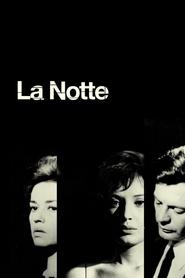 A day in the life of...
A day in the life of...La Notte 1961
A day in the life of an unfaithful married couple and their steadily deteriorating relationship in Milan.
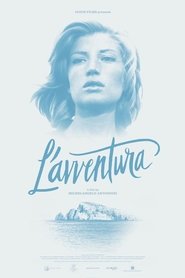 Claudia and Anna join Annas lover...
Claudia and Anna join Annas lover...L'Avventura 1960
Claudia and Anna join Anna's lover, Sandro, on a boat trip to a remote volcanic island. When Anna goes missing, a search is launched. In the meantime, Sandro and Claudia become involved in a romance despite Anna's disappearance, though the relationship suffers from guilt and tension.
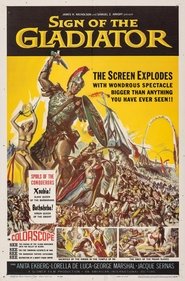 Zenobia Queen of Palmira revolts against...
Zenobia Queen of Palmira revolts against...Sign of the Gladiator 1959
Zenobia, Queen of Palmira, revolts against Rome and defeats the Roman troops, but she makes a big mistake when she falls in love with enemy officer Marco Valerio.
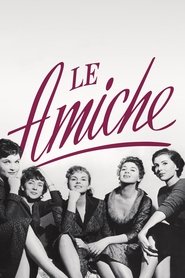 Clelia a selfmade woman coming from...
Clelia a selfmade woman coming from...Le Amiche 1955
Clelia, a self-made woman coming from humble means, travels back to Turin, her hometown, to scout locations for the successful Roman atelier she works for. At the hotel, she encounters some upper middle-class women and she finds herself drawn into their friendships.
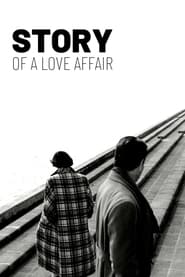 A wealthy possessive husbands investigation reignites...
A wealthy possessive husbands investigation reignites...Story of a Love Affair 1950
A wealthy, possessive husband's investigation reignites his young wife's past love, leading them to plot against him. As obstacles fall away, their passion faces a new test.
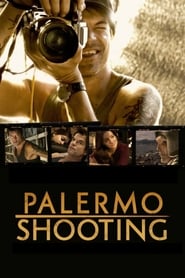 After the wild lifestyle of a...
After the wild lifestyle of a...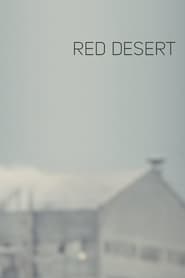 In an industrializing Italian town a...
In an industrializing Italian town a... A sugarrefinery worker flees his Northern...
A sugarrefinery worker flees his Northern...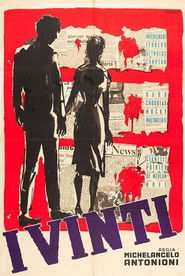 Three tales of privileged youth entangled...
Three tales of privileged youth entangled...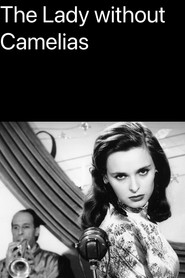 A Milanese shop assistant becomes an...
A Milanese shop assistant becomes an...